
How entrepreneurs can plan for what matters most

How I did it: Turned my side hustle into a full-time job

Talent acquisition 101: Building a small business dream team

Make your business legit

How to test new business ideas

How to get started creating your business plan

How to choose the right business savings account

Does your side business need a separate bank account?

5 financial goals for the new year

Year-end financial checklist

How to manage your money: 6 steps to take

Key components of a financial plan

Should rising interest rates change your financial priorities?

Do I need a financial advisor?

How to manage your finances when you're self-employed

Good money habits: 6 common money mistakes to avoid

Reviewing your beneficiaries: A 5-step guide

How to talk about money with your family

Retirement expectations quiz

4 tips to help you save for retirement in your 20s

How to build wealth at any age

Retirement income planning: 4 steps to take

Healthcare costs in retirement: Are you prepared?

Preparing for retirement: 8 steps to take

The connection between your health and financial well-being

Is a Health Savings Account missing from your retirement plan?
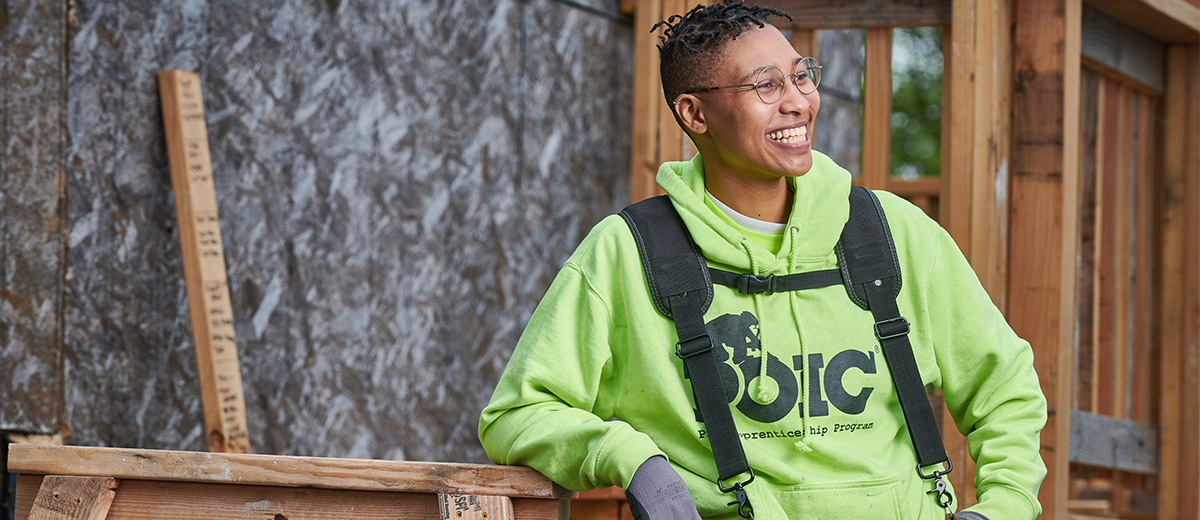
Achieving their dreams through a pre-apprenticeship construction program
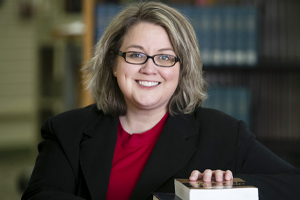
How I did it: Switched career paths by taking an unexpected pivot

Economic forecast for 2023: 3 things to know

Do your investments match your financial goals?

Investment strategies by age

Saving vs. investing: What's the difference?

What types of agency accounts are available for investors?

3 steps to prepare for a medical emergency

How to Adult: 5 ways to track your spending
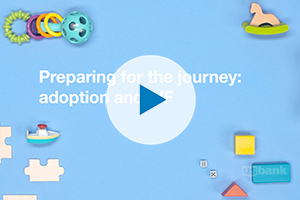
Preparing for adoption and IVF

11 essential things to do before baby comes

Closing on a house checklist for buyers
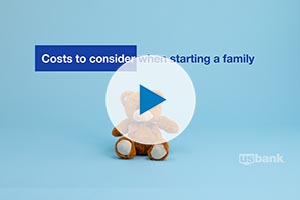
Webinar: Uncover the cost: Starting a family

Checklist: 10 questions to ask your home inspector

Checklist: financial recovery after a natural disaster

Webinar: Uncover the cost: College diploma

How to gain financial independence from your parents

How to save money in college: easy ways to spend less

Co-signing 101: Applying for a loan with co-borrower

How I did it: Paid off student loans

Practical money skills and financial tips for college students

5 things to know before accepting a first job offer

How to build credit as a student
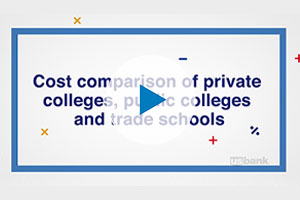
Webinar: Bank Notes: College cost comparison

The A to Z’s of college loan terms
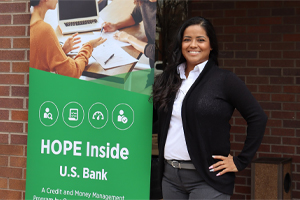
Tips for handling rising costs from an Operation HOPE Financial Wellbeing coach

3 financial tools to help automate your finances

5 tips for creating (and sticking to) a holiday budget

6 pandemic money habits to keep for the long term

Stay committed to your goals by creating positive habits

5 things to consider when deciding to take an unplanned trip

Friction: How it can help achieve money goals

Working with an accountability partner can help you reach your goals

Webinar: 5 myths about emergency funds

How to decide when to shop local and when to shop online

Growing your savings by going on a ‘money hunt’

Webinar: Smart habits and behaviors to achieve financial wellness

A who’s who at your local bank

Your 4-step guide to financial planning

5 myths about emergency funds

How to stay financially focused in the face of economic uncertainty

How I did it: Learned to budget as a single mom

What military service taught me about money management

Does your savings plan match your lifestyle?

Webinar: Uncover the cost: Wedding

Webinar: Uncover the cost: International trip

Adulting 101: How to make a budget plan

How having savings gives you peace of mind

Allowance basics for parents and kids

Personal loans first-timer's guide: 7 questions to ask

Are savings bonds still a thing?

Tips to overcome three common savings hurdles

Helpful tips for safe and smart charitable giving

Webinar: Mindset Matters: How to practice mindful spending

How to save money while helping the environment

You can take these 18 budgeting tips straight to the bank

How to manage money in the military: A veteran weighs in

Do you and your fiancé have compatible financial goals?

3 tips for saving money easily

How to best handle unexpected expenses

Which is better: Combining bank accounts before marriage — or after?

9 simple ways to save

How to save for a wedding

It's possible: 7 tips for breaking the spending cycle

Here’s how to create a budget for yourself

Multiple accounts can make it easier to follow a monthly budget

7 steps: How couples and single parents can prepare for child care costs

Checking and savings smarts: Make your accounts work harder for you

5 reasons why couples may have separate bank accounts

Dear Money Mentor: How do I set and track financial goals?

Tips for working in the gig economy

How compound interest works

5 tips for parents opening a bank account for kids

Myths vs. facts about savings account interest rates

Tips to raise financially healthy kids at every age

Money management guide to financial independence

Money Moments: 8 dos and don’ts for saving money in your 30s

30-day adulting challenge: Financial wellness tasks to complete in a month

First-timer’s guide to savings account alternatives

What’s in your emergency fund?

Travel for less: Smart (not cheap) ways to spend less on your next trip

Certificates of deposit: How they work to grow your money

What I learned from my mom about money

How to stop living paycheck to paycheck post-pay increase

Practical money tips we've learned from our dads

How to cut mindless spending: real tips from real people

6 ways to spring clean your finances and save money year-round

What you need to know about renting

Dear Money Mentor: How do I pick a savings or checking account?

What financial advice would you give your younger self?

Bank from home with these digital features
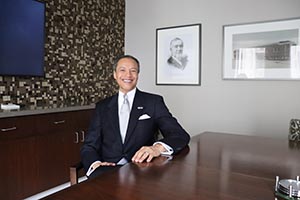
Building a financial legacy for your family and community

How to increase your savings

It’s time for a fresh start: A new way of thinking

Is a home equity loan for college the right choice for your student

Your financial aid guide: What are your options?

Parent checklist: Preparing for college

How grandparents can contribute to college funds instead of buying gifts

Using 529 plans for K-12 tuition
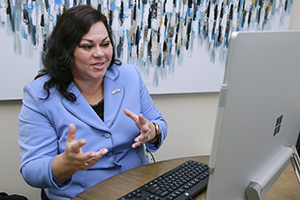
How to talk to your lender about debt

How to apply for federal student aid through the FAFSA

Be careful when taking out student loans

How to use debt to build wealth

How to use your unexpected windfall to reach financial goals

Webinar: Uncover the cost: Building a home

Saving for a down payment: Where should I keep my money?
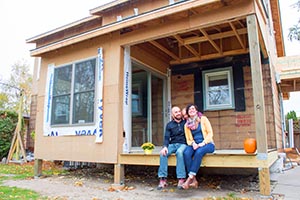
How I did it: My house remodel

How I did it: Bought a home without a 20 percent down payment

Home buying myths: Realities of owning a home

Money Moments: Tips for selling your home

Beyond the mortgage: Other costs for homeowners

Webinar: Uncover the cost: Home renovation


